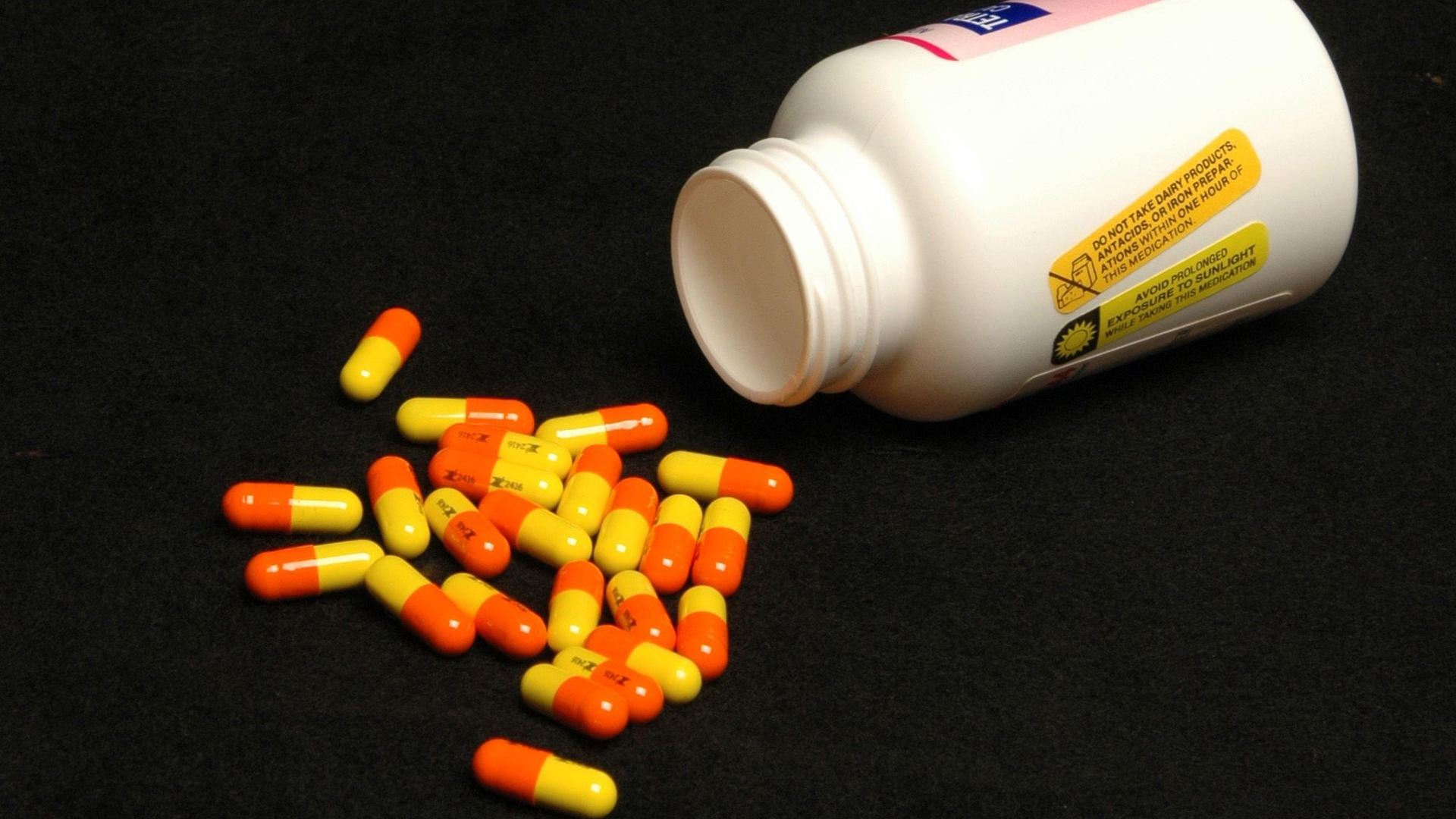Accessibility and affordability of medicines and new health technologies have attracted considerable attention from governments, international organisations, civil society groups, and specialised United Nations agencies and is viewed as a global challenge.
One third of the global population lacks reliable access to medicines. These statistics become even worse in the poorest countries of Africa and Asia, where as much as 50% of the population lacks access to medicine and healthcare. The global devastating impact of the COVID-19 pandemic have also added more pressure on governments everywhere and exacerbated the problem of access to medicines further.
Professor Mohammed El Said’s research has had a significant impact on these issues by mapping the current global standards of intellectual property (IP) protection. His research has made strategic recommendations that has resulted in new IP regimes that incorporate the legal tools needed to improve access to medicines. This research has influenced national and international policy debate and led to new policies and changes to patent legislations.
The research helped shape the policy approaches of international organisations such as the World Intellectual Property Organisation (WIPO), The United Nations Development Programme (UNDP), and Unitaid to name a few. The research also resulted in legislative change in individual jurisdictions in Asia, Africa and Eastern Europe. These changes make medicines more affordable and accessible, which in turn improves the health of citizens.

